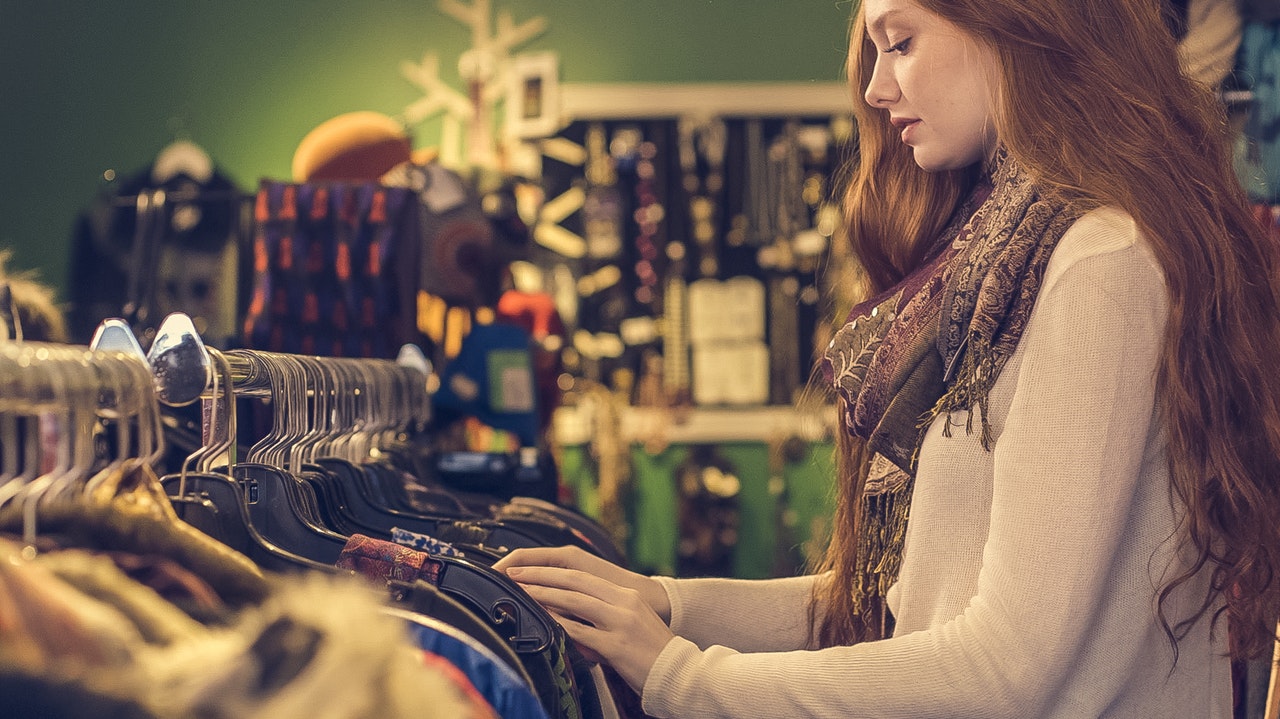Major global events have a way of shaping the lifetime spending habits of the generations that come of age during them. A year after it began, the evidence is clear that the Coronavirus pandemic will be to Generation Z (those born since 1997) what the Great Recession that began in 2008 was to Millennials (those born between 1981 and 1996).
The Great Recession took a year or so to fully manifest itself while gradually grinding down housing values and stock portfolios in half. The career dreams of millions of Millennials were upended and, like those who lived through the Great Depression of the 1930s, we all had to learn to live with less. Cheap became chic and Chinese-made goods flooded the market.
The Coronavirus pandemic ranks among the most disruptive financial events in modern history and it has been a financial disaster for many.
But unlike the Great Recession, it began with a bang. For more than a year you could sense the collective sigh of the universe as factories shut down, the skies turned blue over Beijing for the first time in decades, and once-clogged highways were emptied as we adapted to working and learning from our homes. We’ve learned to do less, spend less, and waste less and no cohort has been as profoundly influenced as Gen Z.
The pandemic didn’t start the sustainability revolution, but it has put it into hyperdrive, and Gen Z is in the driver’s seat.
As the economy begins to recover, the consumer research on retail fashion brands that First Insight obtains makes it clear that the next normal is all about saving the planet.
According to recent study, Gen Z Shoppers Demand Sustainable Retail, the vast majority of Generation Z shoppers prefer to buy sustainable brands, and they are most willing to spend 10 percent more on sustainable products. The report also found that Generation Z along with Millennials are the most likely to make purchase decisions based on values and principles (personal, social, and environmental).
Previously it would have seemed improbable that two leading sporting companies — Allbirds and Adidas — would be collaborating on creating a sport performance shoe with the lowest carbon footprint ever. Or that Walmart would be partnering with ThredUp, an online thrift store, to sell “pre-owned” garments by name-brand fashion houses like Anne Klein and Tommy Hilfiger.
A survey last year by DoSomething , a social impact consultancy, reported that 75 percent of Gen Z respondents said they wanted to see that brands were ensuring employee and consumer safety. The survey found that, “If [brands] are not authentic, Gen Z will be the first to raise a red flag.”
Virtually every company now proclaims its devotion to sustainability. But being authentic is not so easy and those which market around sustainability without backing it up run the significant risk of alienating consumers with messages that come across as self-serving.
I’ll continue to spotlight companies that are getting it right, winning loyal consumers, and capturing market share in future articles.














